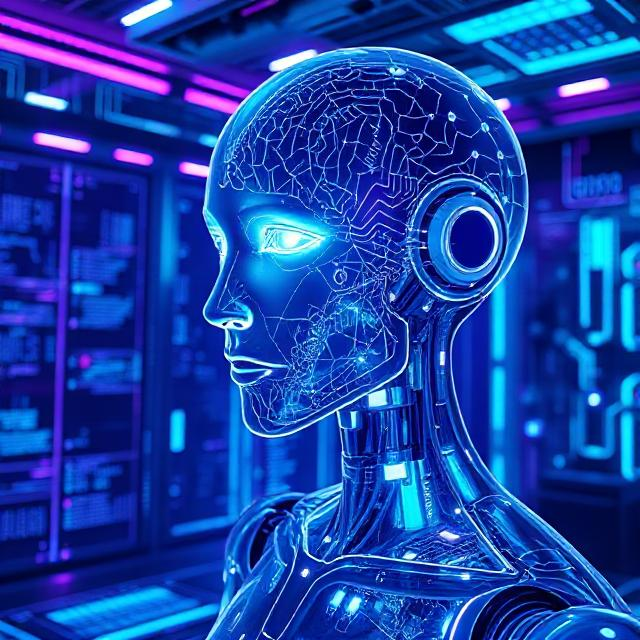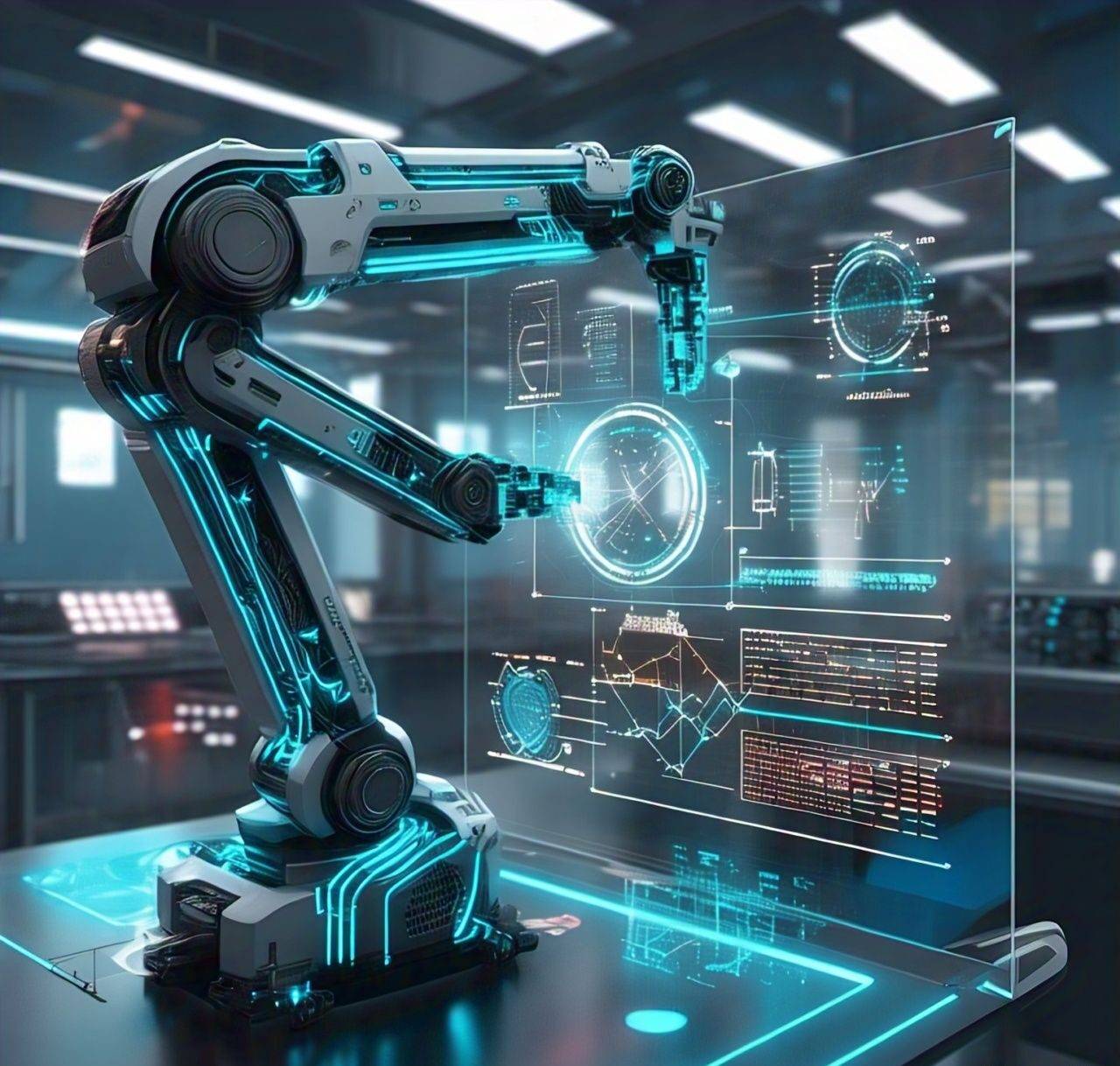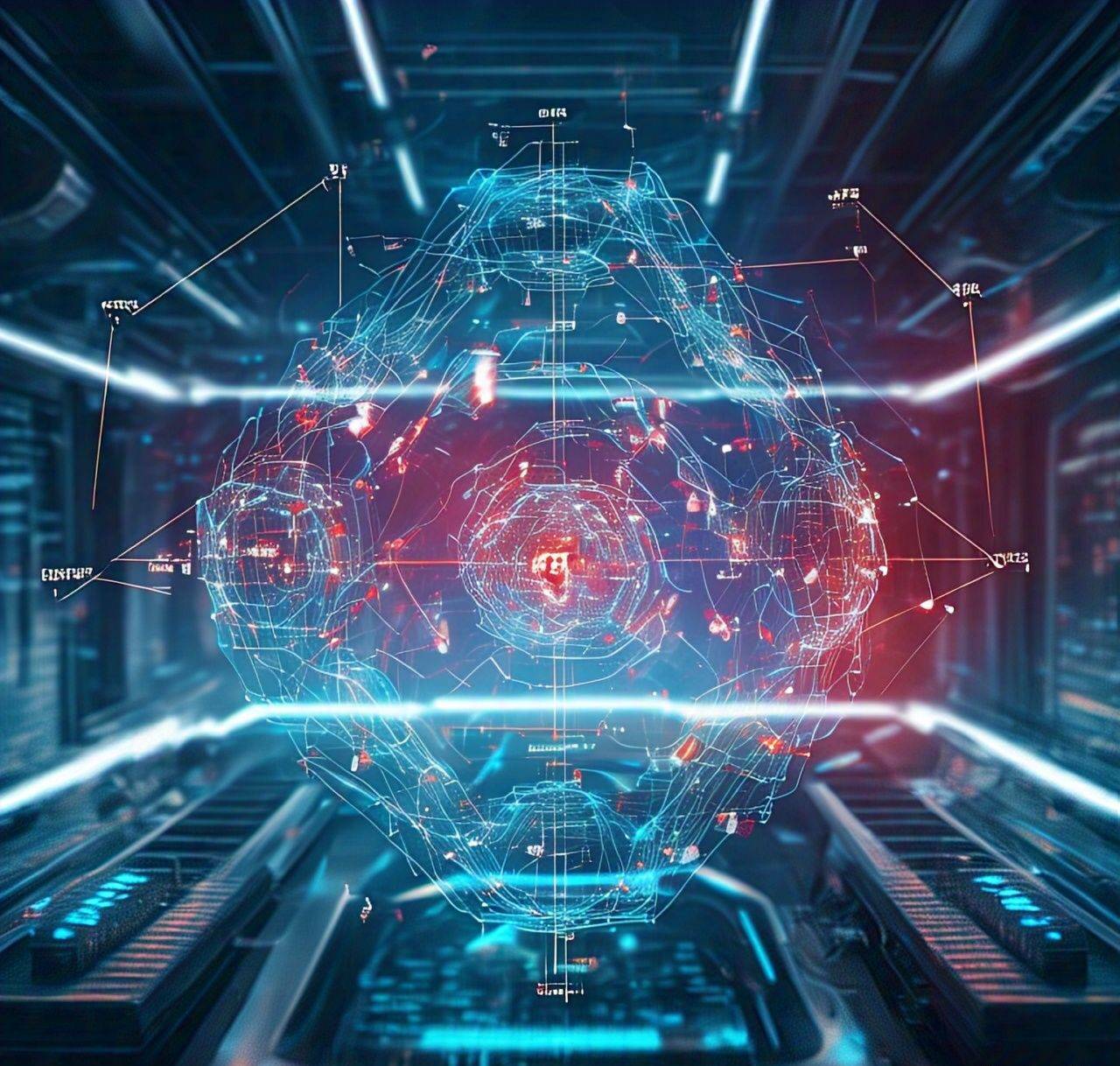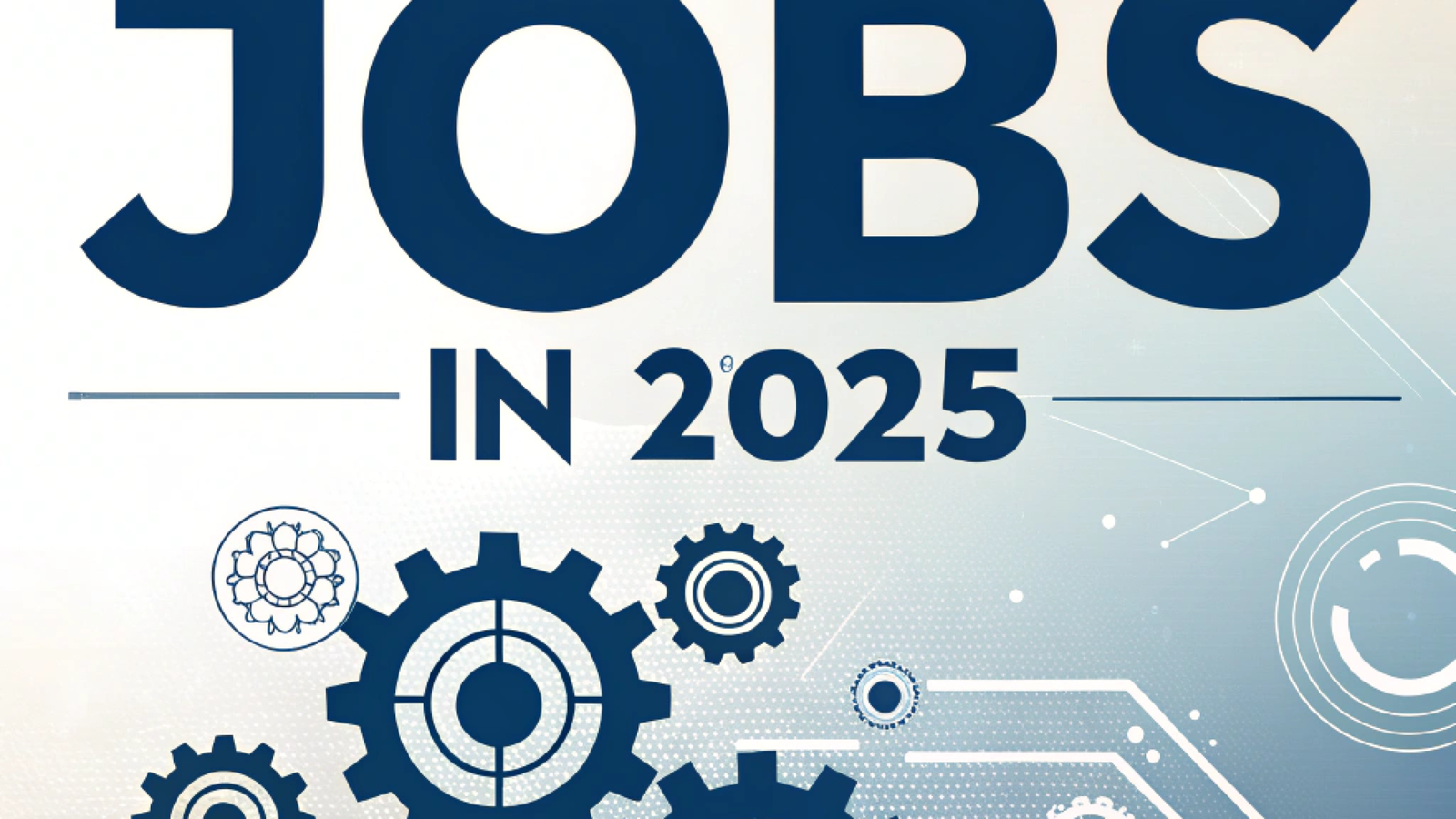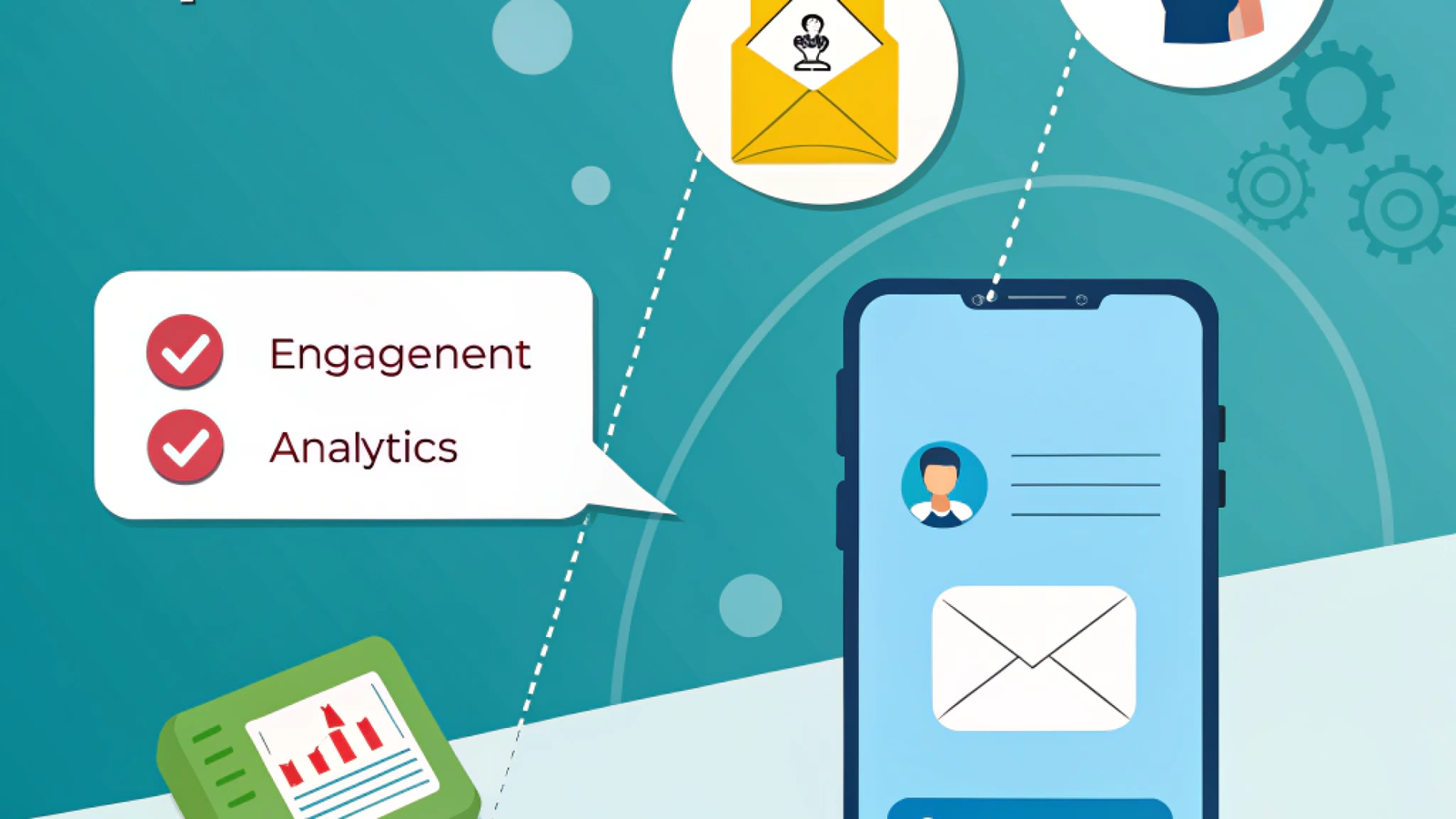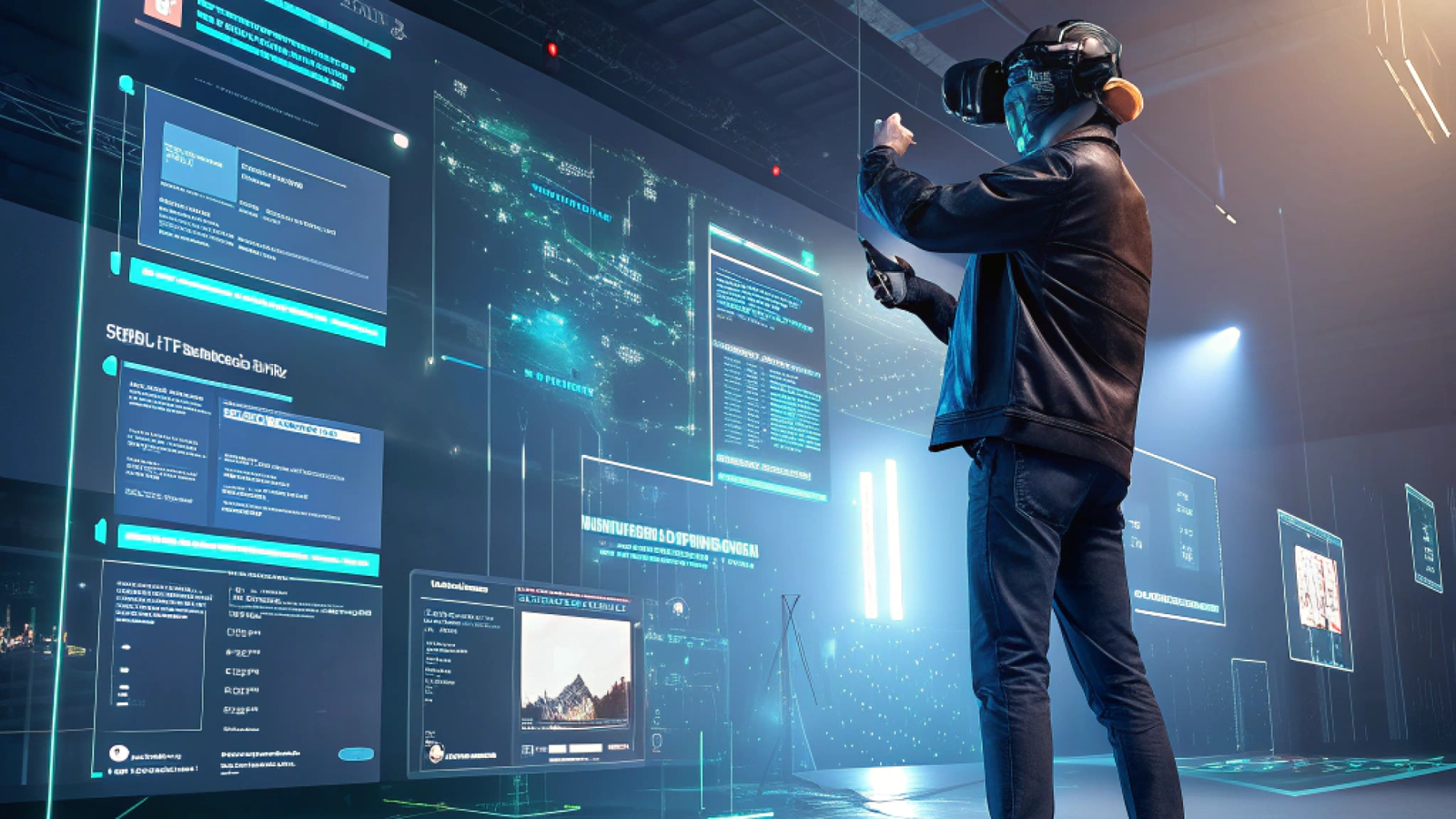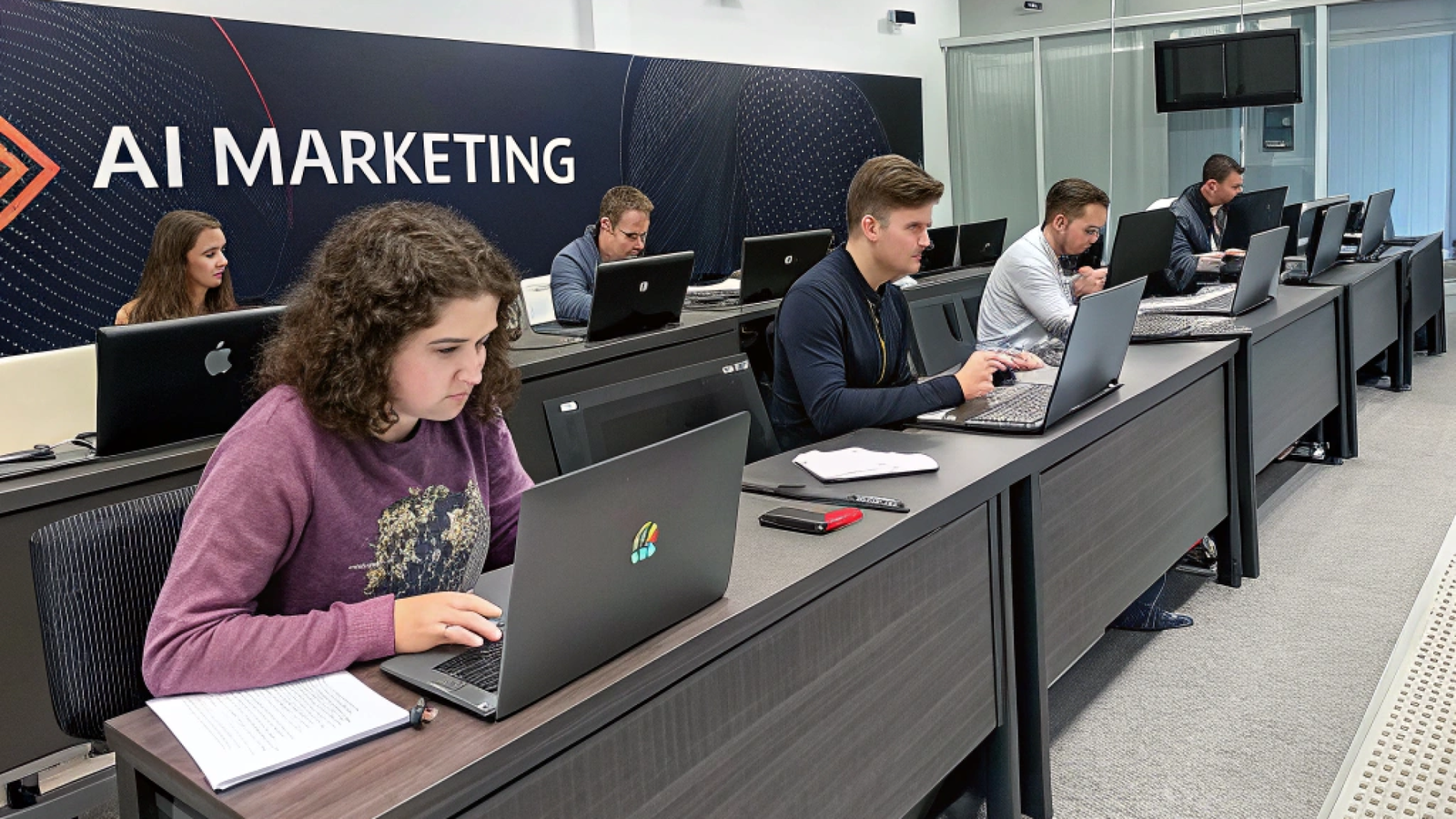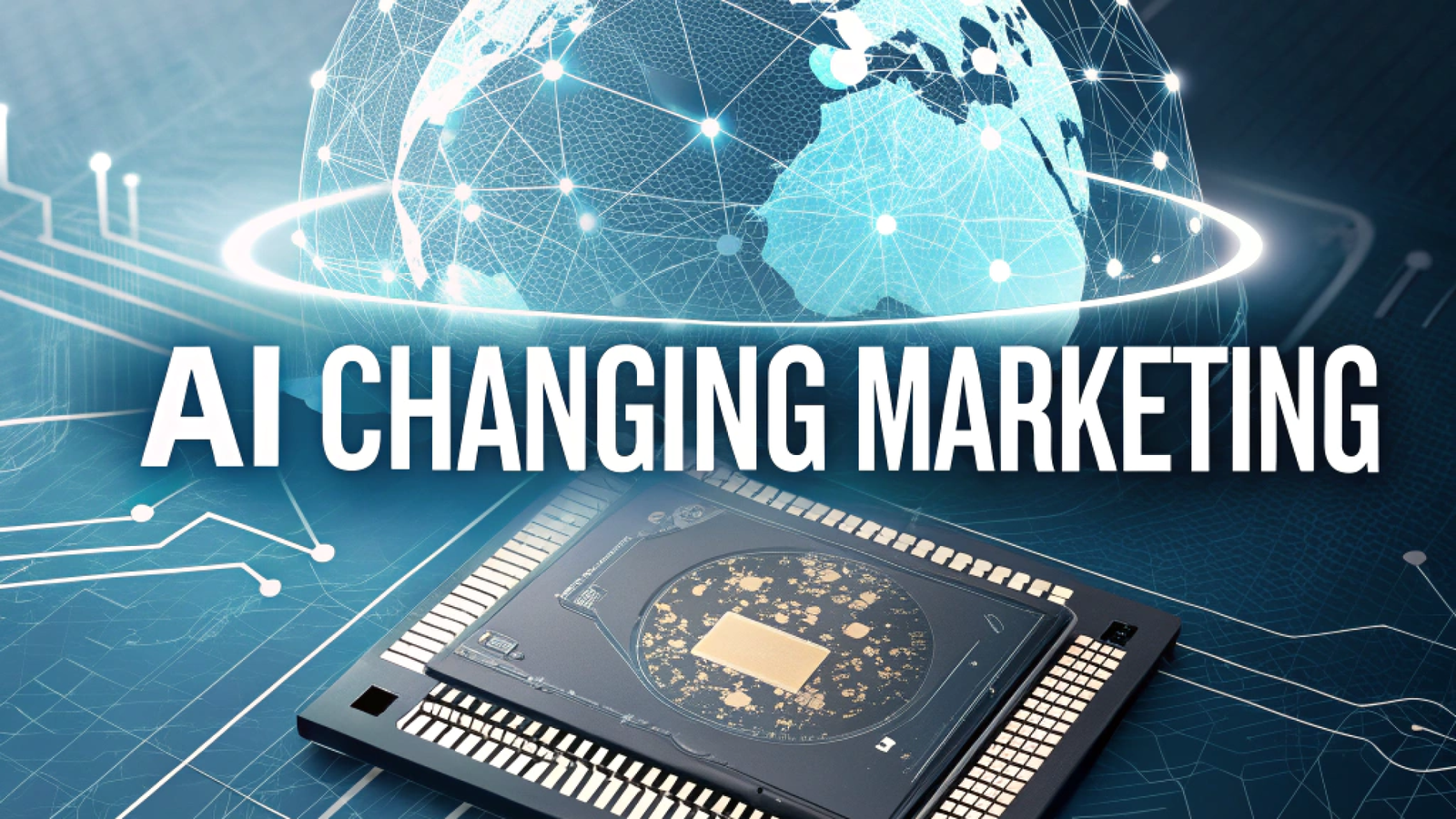Currently Empty: ₹0.00
Mind-Blowing – How Artificial Intelligence Works in (2025 Must Read..)
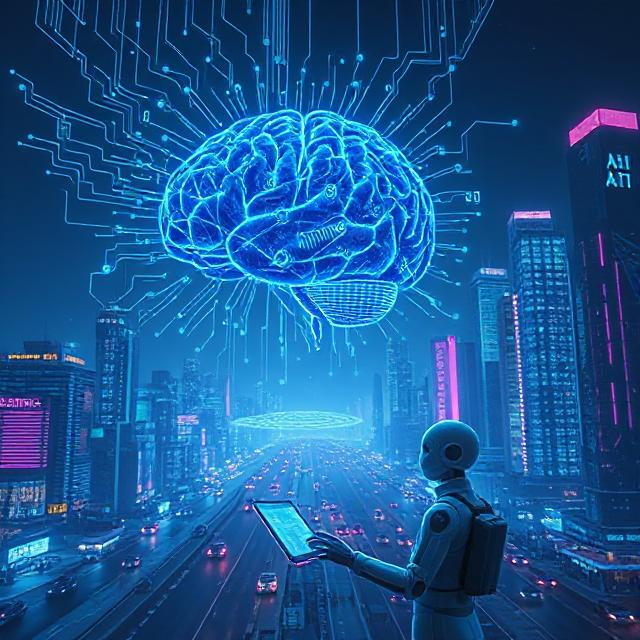
Introduction
How Artificial Intelligence Works is a question that intrigues many, as AI continues to transform the world. AI is automating complex tasks, redefining industries, and revolutionizing technology. From chatbots and self-driving cars to medical diagnosis and business analytics, AI is at the forefront of technological advancements. But have you ever wondered how AI actually works?
In this detailed guide, brought to you by Cambridge Infotech Institute, we will uncover the intricate mechanisms behind Artificial Intelligence, breaking it down into understandable components.
What is Artificial Intelligence?
Artificial Intelligence (AI) refers to the simulation of human intelligence in machines. How Artificial Intelligence works It enables computers to learn from data, recognize patterns, make decisions, and solve problems, often more efficiently than humans. AI operates on algorithms, mathematical models, and vast amounts of data to deliver accurate outcomes.
The Two Primary Types of AI
- Narrow AI (Weak AI) – Designed for specific tasks, such as voice recognition (Siri, Alexa) or recommendation algorithms (Netflix, YouTube).
- General AI (Strong AI) – Hypothetical AI capable of human-like intelligence, reasoning, and problem-solving across various fields.
The Core Components of Artificial Intelligence
To understand how Artificial Intelligence works, let’s explore its core components:
1. Machine Learning (ML)
Machine Learning is a subset of AI that allows computers to learn from data without explicit programming. It involves training models on vast datasets to identify patterns and make predictions.
- Supervised Learning – The model is trained with labeled data.
- Unsupervised Learning – The model learns from unstructured data, finding hidden patterns.
- Reinforcement Learning – The AI learns through rewards and penalties, mimicking human decision-making.
2. Neural Networks & Deep Learning
Inspired by the human brain, neural networks are layered structures that process information. Deep Learning, a more advanced ML technique, uses multiple layers to improve accuracy in image recognition, speech processing, and more.
- Example: AI-powered facial recognition systems use deep learning to identify faces accurately.
3. Natural Language Processing (NLP)
NLP enables AI to understand, interpret, and generate human language. It is the driving force behind virtual assistants like Google Assistant and chatbots.
- Applications: Sentiment analysis, chatbots, language translation.
4. Computer Vision
This AI branch allows machines to interpret visual data (images, videos). It is widely used in healthcare, security, and autonomous vehicles.
- Example: AI-powered X-ray analysis to detect diseases.
5. Robotics & Automation
AI-powered robots can perform complex tasks with precision. Robotics integrates AI with mechanical components to automate manufacturing, surgery, and even space exploration. ( Click here )
The AI Workflow: How Artificial Intelligence Works Step by Step
Understanding how Artificial Intelligence works involves looking at the step-by-step process that machines follow to deliver intelligent results:
Step 1: Data Collection
AI thrives on data. Whether it’s images, text, numbers, or videos, high-quality data is gathered from multiple sources to train AI models.
Step 2: Data Preprocessing
Raw data is cleaned, formatted, and structured to remove inconsistencies, missing values, or errors. This step ensures accurate AI training.
Step 3: Model Selection & Training
Different AI models are chosen based on the problem type. Using Machine Learning algorithms, AI models are trained on vast datasets to improve decision-making.
Step 4: Feature Engineering
AI selects the most relevant features (variables) that impact predictions. This optimization ensures better accuracy and efficiency.
Step 5: Model Testing & Validation
Before deployment, AI models undergo rigorous testing to validate their accuracy. The model’s performance is assessed, and adjustments are made.
Step 6: AI Deployment & Real-World Application
Once trained and tested, AI is deployed into real-world applications. AI-powered software and systems are integrated into industries for automation, analytics, and decision-making.
Step 7: Continuous Learning & Improvement
AI models continuously learn from new data, refining their accuracy and intelligence. This ability to self-improve is what makes AI powerful.
Real-World Applications of Artificial Intelligence
Artificial Intelligence is already transforming various industries, including:
1. Healthcare
- AI-powered diagnosis and treatment recommendations.
- Predictive analytics for early disease detection.
- Robotic-assisted surgeries.
2. Finance
- Fraud detection and risk assessment.
- AI-driven investment strategies.
- Automated customer support through chatbots.
3. E-commerce
- Personalized recommendations based on user behavior.
- AI-driven chatbots for customer service.
- Inventory and supply chain optimization.
4. Autonomous Vehicles
- AI-driven self-driving cars use sensors and deep learning for navigation.
- Collision detection and traffic management systems.
5. Marketing & Advertising
- AI-powered predictive analytics to optimize ad campaigns.
- Sentiment analysis to understand customer preferences.
Check Out this -( Best Artificial Intelligence Course in Bangalore)
Future of AI: What’s Next?
Artificial Intelligence is evolving at an exponential rate. Some exciting advancements to look forward to include:
- AI-Powered Creativity – AI-generated art, music, and writing.
- General AI Development – More human-like reasoning and problem-solving capabilities.
- Ethical AI & Responsible AI Development – Ensuring AI is fair, transparent, and unbiased.
- AI in Space Exploration – Autonomous robots assisting in deep-space missions.
Learn AI at Cambridge Infotech Institute
If you are fascinated by Artificial Intelligence and want to master its intricacies, Cambridge Infotech Institute offers top-notch AI courses. Learn from industry experts, work on real-world projects, and gain hands-on experience to thrive in the AI-driven future.
Conclusion
Artificial Intelligence is reshaping the world, making processes more efficient and intelligent. By understanding how AI works, we unlock endless possibilities across industries. As AI continues to advance, it is essential to stay updated and skilled in this transformative field. Join Cambridge Infotech Institute today and become a part of the AI revolution!
For More Information [ Click Here ]
Additional Insights on AI
- AI and Cybersecurity: AI is playing a crucial role in detecting and preventing cyber threats. AI-driven security systems can analyze vast amounts of data to identify suspicious activities in real-time.
- Edge AI: AI is moving beyond cloud computing to edge devices, enabling real-time decision-making in devices like smartphones, cameras, and IoT sensors.
- AI in Education: AI-powered learning platforms personalize education by adapting to individual student needs, improving engagement and knowledge retention.
- AI Ethics and Bias: Developers are actively working to ensure AI is free from bias and operates fairly across different demographics and applications.
- AI and Quantum Computing: The integration of AI with quantum computing is expected to revolutionize data processing, leading to breakthroughs in cryptography, optimization, and drug discovery.
